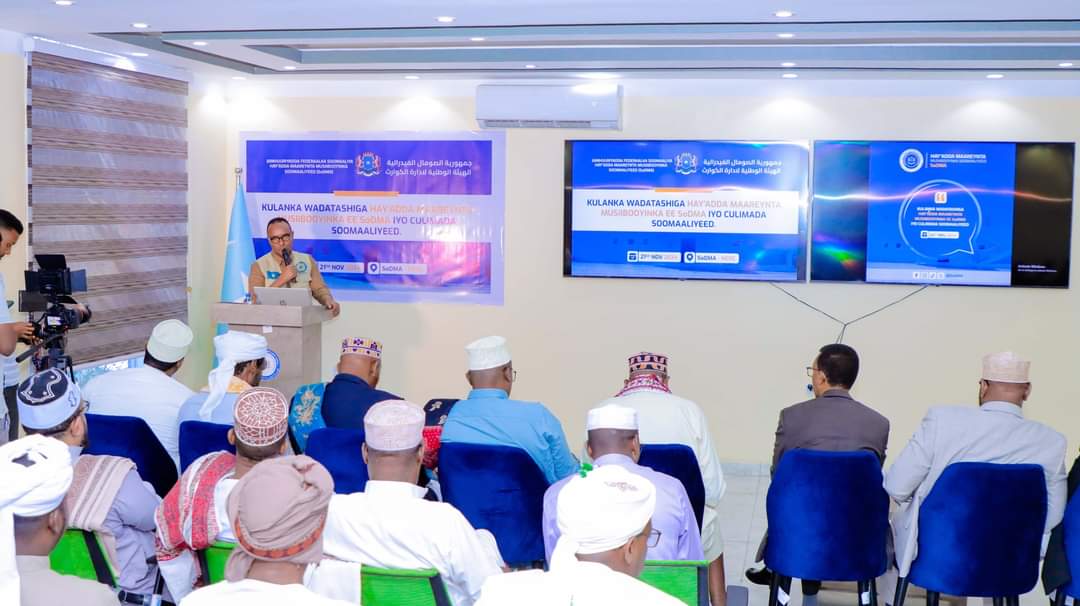Abuja — Various civil society groups in Nigeria have declared a “National Day for Survival” for October 1. The date has a high symbolic value as it coincides with the 64th anniversary of Nigeria’s independence.
The initiative was presented to the press on September 26 at the “International Press Center” in Ogba, in Lagos, by Hassan Taiwo Soweto, coordinator of the “Education Rights Campaign (ERC)”, one of the organizations opposing the economic policies initiated by President Bola Tinubu, which were already the subject of a ten-day protest in August organized through social media under the hashtag #EndBadGovernance (see Fides, 1/8/2024).
The organizers of the day of action are calling on the government to “say no to the neoliberal policies of the International Monetary Fund (IMF), restore fuel prices and electricity tariffs to pre-29 May 2023 levels, operate state-owned refineries to ensure affordable petroleum products, reduce food prices and support farmers to ensure sustainable food production.”
The organizers are also calling for the unconditional release of protesters and journalists arrested during the August protests, tackling insecurity, including by providing adequate support to soldiers and police officers, introducing a minimum wage and cutting the high salaries of senior officials.
“We call on the Nigerian people, progressive organizations, groups, unions, student associations and youth movements to take to the streets on October 1 and protest and demonstrate peacefully,” said Hassan Taiwo Soweto. The October 1st action is an urgent warning and a call to the Tinubu government to “meet our demands immediately. If our demands are not met, further protests will follow on National Survival Day.” He added: “We need a different way of governing our country, one that ensures that national wealth benefits the needs of all and not the greed of a few.”
The demands of the organizers of the “National Survival Day” are also to be seen in the context of widespread corruption in the country, which is one of the richest countries in Africa thanks to oil production. A wealth that seeps into countless channels, which in turn has fueled the country’s foreign debt. In the face of the demands of international creditors, President Tinubu has initiated an economic policy focused on higher taxes and cutting state subsidies, which has severely worsened the living conditions of the majority of Nigerians.
In his speech to the 79th session of the UN General Assembly, President Bola Tinubu called on world leaders to consider “comprehensive debt relief” for Nigeria and other developing countries to enable them to progress economically.
“We must ensure that any reform of the international financial system includes comprehensive debt relief to enable sustainable development financing. Countries in the global South cannot make meaningful economic progress without special concessions and a review of their current debt burden,” warned Tinubu.










